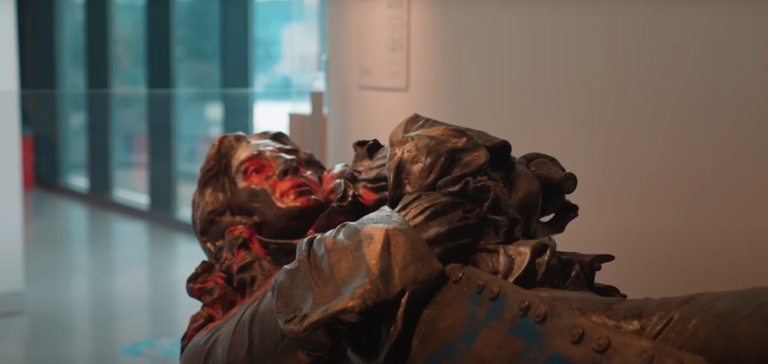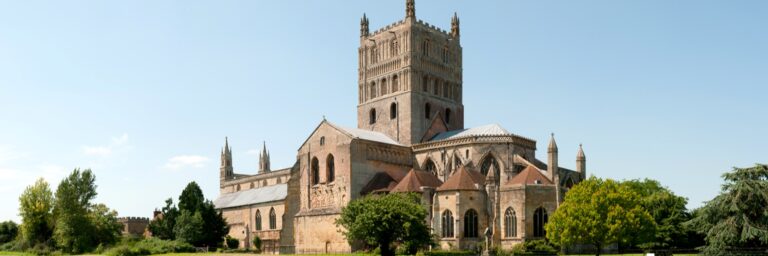| CC4HH
The Life and Legacies of George Whitefield
This post comes from Rebecca Chivers, Josh Oliver and Frankie Stanley.
The recent controversy over the removal of Confederate monuments in the United States, and even colonial figures such as Admiral Lord Nelson in Britain, has focused attention on the ways in which national ‘heroes’ and more problematic historical figures are and should be remembered. Our project provides one example by focusing on Gloucester-born George Whitefield, the 18th century evangelist credited with promoting a Protestant revival in Britain and its American colonies.
Whitefield’s childhood and early life are a pivotal part of our project, as they played an important role in his development as a charismatic and inspirational. His interest in acting and theatre whilst growing up was crucial in how he became such an influential and famous figure throughout Great Britain and the American colonies. His experiences acting on stage made him an incredibly captivating preacher.
Whitefield is popularly known as a prominent evangelist preacher that sparked surges of religious interest in the American colonies during the 18th century, part of what was known as the ‘Great Awakening.’ However, his endorsement of slavery in Georgia and religious justifications for the enslavement of Africans have rarely been acknowledged. Even Gloucestershire tourist websites have taken advantage of his Gloucestershire connection but have not shed light on this controversial past. Although his charity work funding the Bethesda Orphanage in Georgia (that founded his advocacy of slavery), his interest in the religious education and conversion of African American slaves and protest of the physical abuse of slaves complicates the picture of his ethical blind spots.
As well as Whitefield’s approach to slavery and his early life and childhood, our group will be researching his involvement in the foundation of the Methodist movement of Christianity, and his relationship with the Wesley brothers, Charles and John. This approach will also naturally detail his upbringing and education, especially the time he spent at Pembroke College in Oxford. This will also lead into Whitefield’s journey to the American colonies and the missionary work , which eventually led to his rise to fame. It was the Wesley brothers who convinced Whitefield to travel to America, so the relationship between the three of them will be an important aspect of our project, especially when looking at the tensions and difficulties which later occurred during their lives.

Our group project is to investigate the controversial legacy of Whitefield, how Gloucestershire should remember him and how Whitefield shows the complicated relationship between religion and slavery. In recent years, historians have explored Whitefield’s religious theodicy and conflicted views on slavery, which meant that it would be difficult for our group to uncover new information. Therefore, we concluded that our group would present a broad display of Whitefield’s life, his American preaching, his humanitarianism and his murky connection to slavery so that the audience can arrive at their own conclusions on how they, and Gloucestershire, should remember him.




